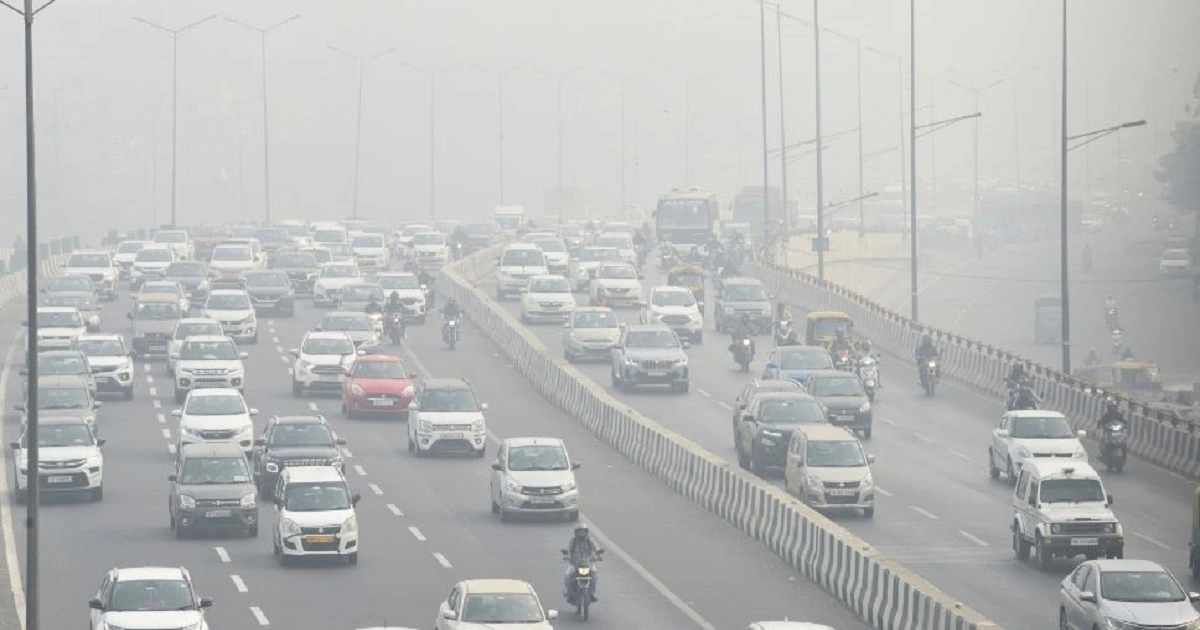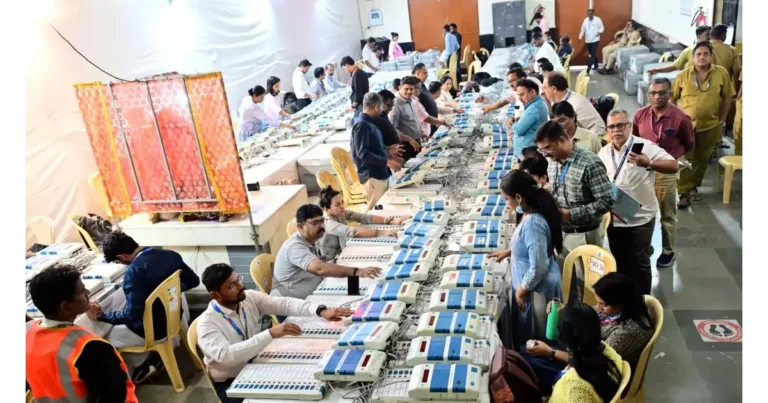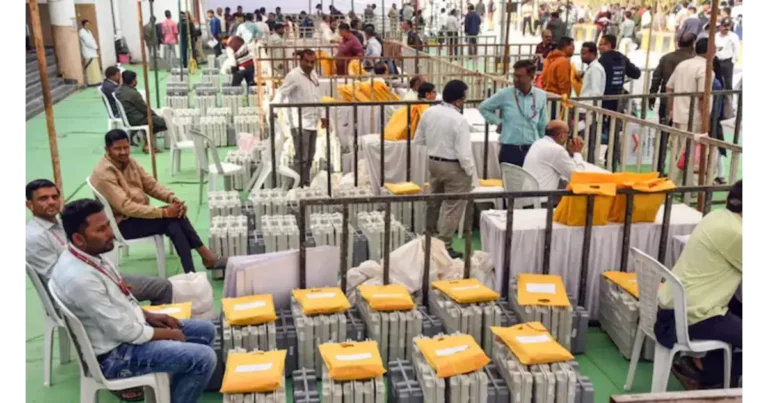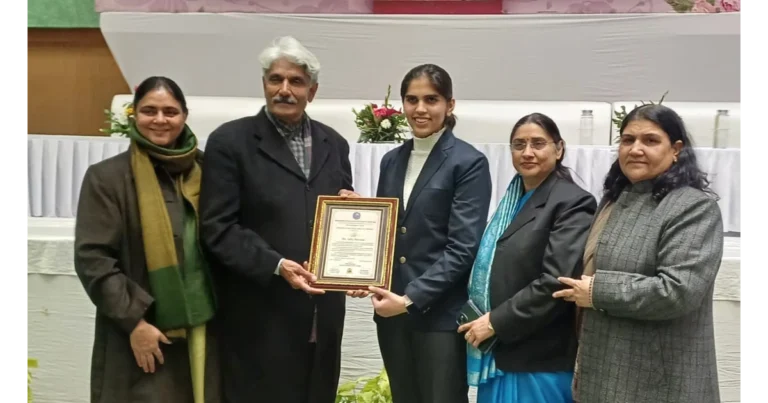
Rising Pollution in Delhi-NCR
New Delhi: Delhi-NCR experienced a sharp deterioration in air quality today, with the region registering ‘Severe’ pollution levels for the first time this season. In response, the Commission for Air Quality Management (CAQM) activated Stage 3 of the Graded Response Action Plan (GRAP). The city’s average Air Quality Index (AQI) surged to 425, prompting immediate intervention.
Area-Wise Pollution Data
According to the Pollution Control Board, Anand Vihar recorded an AQI of 412, Alipur reached 442, and Bawana reported the highest at 462. Chandni Chowk logged 416, while RK Puram and Patparganj reported 446 and 438, respectively, reflecting widespread pollution across the capital.
Yearly Comparison and Particulate Levels
From January 1 to November 9, 2025, Delhi’s average AQI stood at 175, slightly lower than 189 during the same period last year. Concentrations of PM2.5 and PM10 were 75 µg/m³ and 170 µg/m³, respectively, compared to last year’s 87 µg/m³ and 191 µg/m³, as reported by the Ministry of Environment, Forest, and Climate Change.
Decline in Farm Fires in Punjab and Haryana
A significant reduction in stubble burning was observed this year. Punjab reported 4,062 fire incidents between September 15 and November 9, 2025, marking a 35.2% decline from 6,266 incidents during the same period in 2024. Haryana recorded only 333 fire events, a 65.3% decrease from 959 last year. The CAQM continues to coordinate with state authorities to enforce statutory measures and curb stubble burning.
Understanding the Graded Response Action Plan (GRAP)
The Graded Response Action Plan (GRAP) is a structured framework aimed at controlling air pollution in Delhi-NCR through tiered interventions based on AQI levels:
- Stage 1 – Poor: AQI 201-300
- Stage 2 – Very Poor: AQI 301-400
- Stage 3 – Severe: AQI 401-450
- Stage 4 – Severe Plus: AQI above 450
Stage 3 GRAP is implemented when air quality falls into the severe range (AQI 401-450), introducing stricter restrictions to limit pollution sources.
Key Restrictions Under GRAP-3
- Complete halt on non-essential construction and demolition activities, including piling, trenching, and Ready-Mix Concrete (RMC) operations.
- Ban on BS-3 petrol and BS-4 diesel four-wheelers in Delhi and adjoining NCR districts.
- Prohibition on transporting construction materials like sand and cement, particularly on unpaved roads.
- Closure of stone crushers, mining operations, and hot-mix plants not using clean fuel.
- Ban on diesel generators, except for essential and emergency services.
- Restrictions on inter-state diesel buses entering Delhi.
- Advisories for private companies to adopt work-from-home or hybrid models to reduce vehicular emissions.
- Closure of schools up to Class 5, shifting classes online to protect children from harmful air.
Exemptions Under GRAP-3
Essential projects, including railways, metro construction, airports, defence, sanitation, and healthcare facilities, continue operations under strict dust and waste management regulations.






